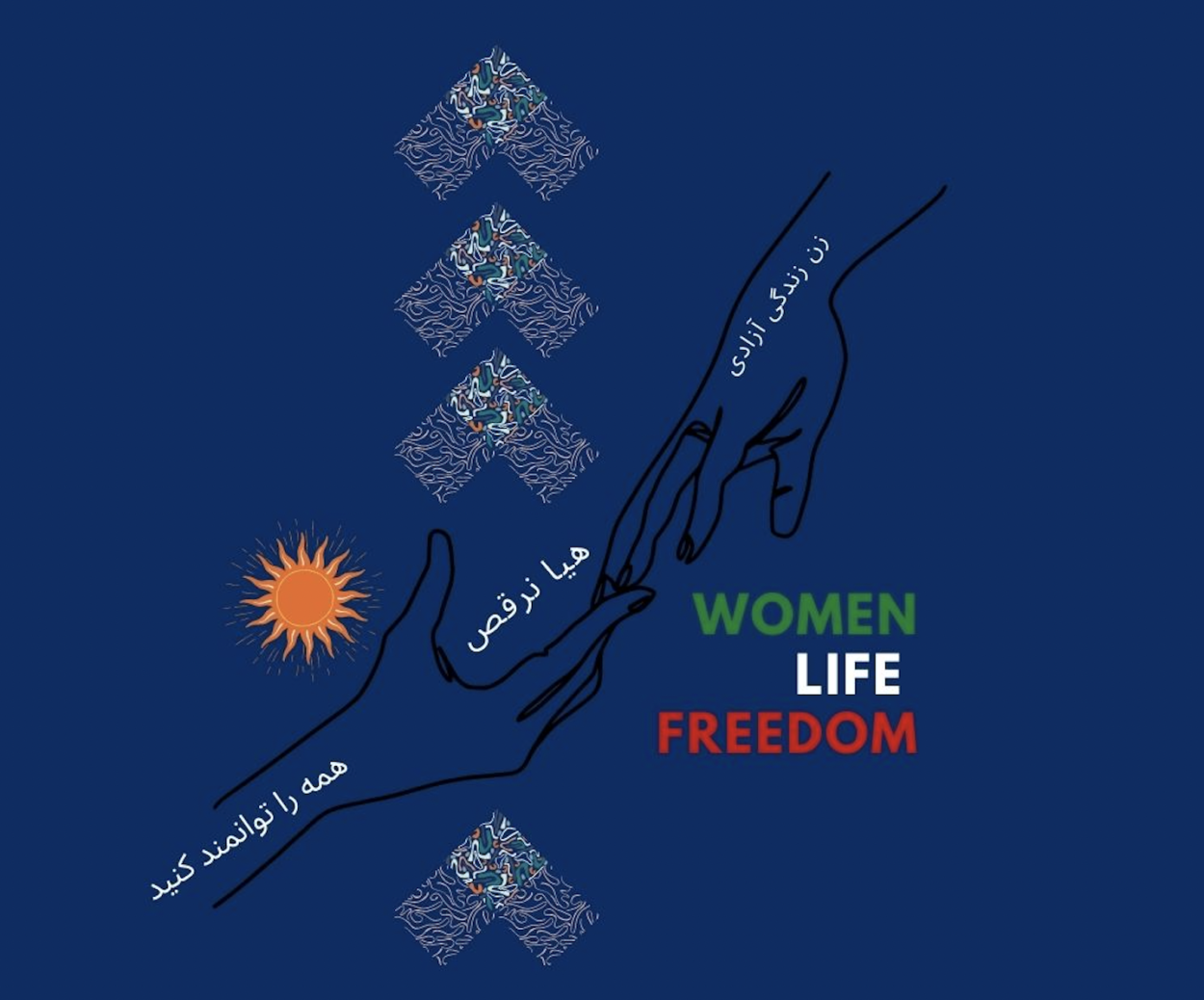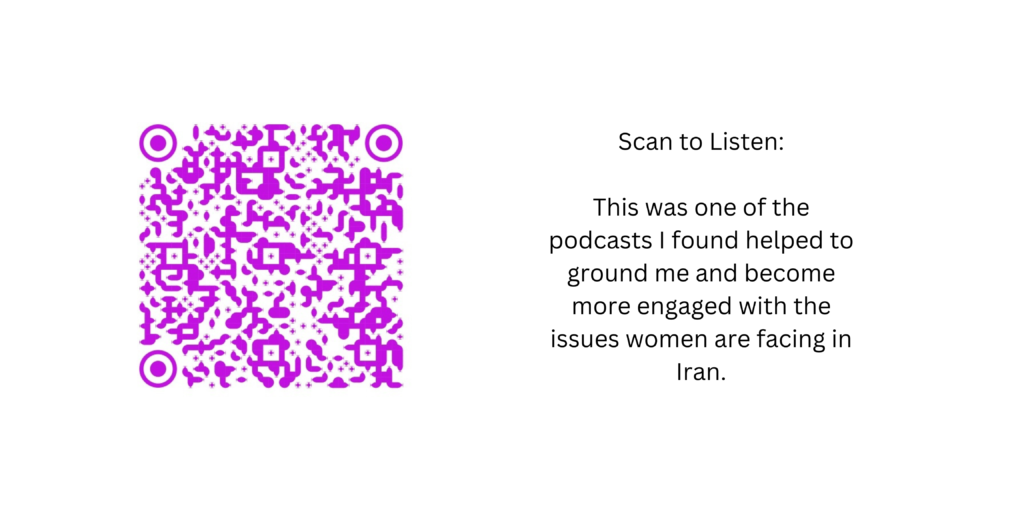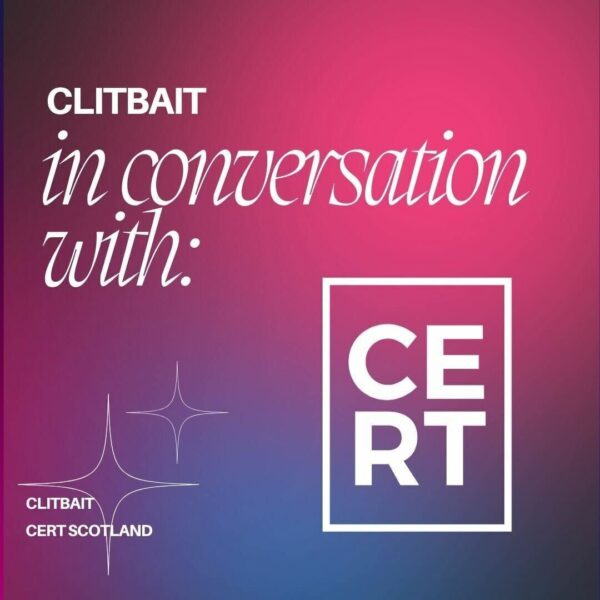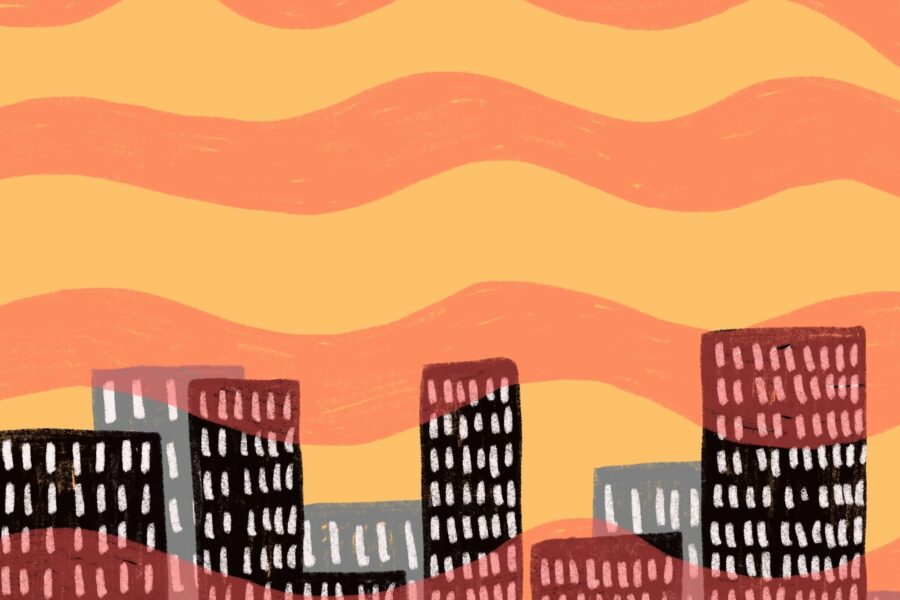Women have been on the frontlines of protests in Iran before, but this isn’t about reform, it’s about outright regime change.

Women, Life, Freedom.
There is a hope that one day, we can rejoice in peace and equality across the world. That one day, the wind will flow freely through the hair of women who have chosen to lay down their hijab. That one day, the Iranian regime won’t blame sisters who stand so valiantly for their rights.
The state of Iran is bleak and remains under-reported. As winter settles upon Tehran, the ice on the streets reflects the steely grip of the government. It is only thawed by the fire still lit within the protesters, who show no sign of giving up their right to free will. Compulsory veiling reflects the claim to power and religious authority that the Islamic regime asserts upon women’s bodies. However, people are fighting again back against such rule and the recent civil protests are a major step in the reclamation of women’s rights.
In wake of the recent droughts, I am weary with frustration that the thought that women refusing to wear the hijab is directly linked to environmental degradation. They claim that the droughts exacerbated by climate change are due to civil disobedience. On the contrary, it is the intersection of gender-based violence (GBV) with depletion of resources which is the real threat. As climate change poses a consistent threat to Iran, women continue to face increasing severity of violence against them. Recovering the environment and tackling GBV should be a priority as the empowerment of women is a key driver in the fight against the effects of climate poverty.
Women have been on the frontlines of protests in Iran before, but this isn’t about reform, it’s about outright regime change. Because the compulsory hijab, in the Islamic republic, is not just a piece of cloth. It’s one of the key pillars of the ideology of this regime.
– Kasra Aarabi.
Currently, Iran scores 14/100 on the ‘Freedom House’ scale, a reflection of how much work needs to be done. The Freedom House scale is a better-defined way of analysing a country’s development, as it takes in a range of factors determining people’s civil liberties and political rights. Freedom, justice, and peace are all inextricably linked; without freedom – there is no peace. It is the Iranian religious authority – which lead the political sphere. Women are underrepresented and are banned from running for president. It feels like a major uphill battle to change the system, but the good news is that there is a consistent pressure coming from women that are seeking out and defining their rights. Across the board, with many men standing by women in a form of active allyship – a culture of equality is being demanded and violence against women is now on the forefront of conversations.
With limited news reporting, it’s been a challenge to cover such an important topic. I’m grateful for cross media outlets as I have found podcasts a good way to stay engaged and listen to individuals with direct experiences of ‘morality policing’. As with all forms of policing it is incredibly immoral and aims to invoke fear in women who see choice in their lives. Late last year, there were reports that the morality police were disbanded, after pressure from protestors. However, it appears that they back to full force with the new appointment of Ahmadreza Radan as chief of police (who has a history of police brutality). This is in line with the announcement that the supreme leader has decided to ‘pardon’ those imprisoned, under the clause that they must admit their mistakes. This is another uncomfortable layer of manipulation. Because, at the end of the day, although many may accept this pardon, it is not a mistake to want to live a life free from intervention.
A multi-pronged action over the long term by individuals, institutions and society at large is necessary in order to transform the current patriarchal culture into a culture of equality. – M.T. & T.E. (The Foreign Policy Centre).
This revolution is just the beginning the new wave of change. Younger generations are finding their voice, and just like other movements such as the climate crisis, are generally leading the way – and outright challenging policy makers on their effectiveness to create change.
Women are not the source of chaos. The chaos arises from those who deem women as lesser humans. Also, as we all know, protesting is not a crime. Peaceful revolution is not a crime. And dancing in the street? For anyone who is criminalising such ‘rowdy’ behaviour – it’s time to grow up.







Leave a Comment